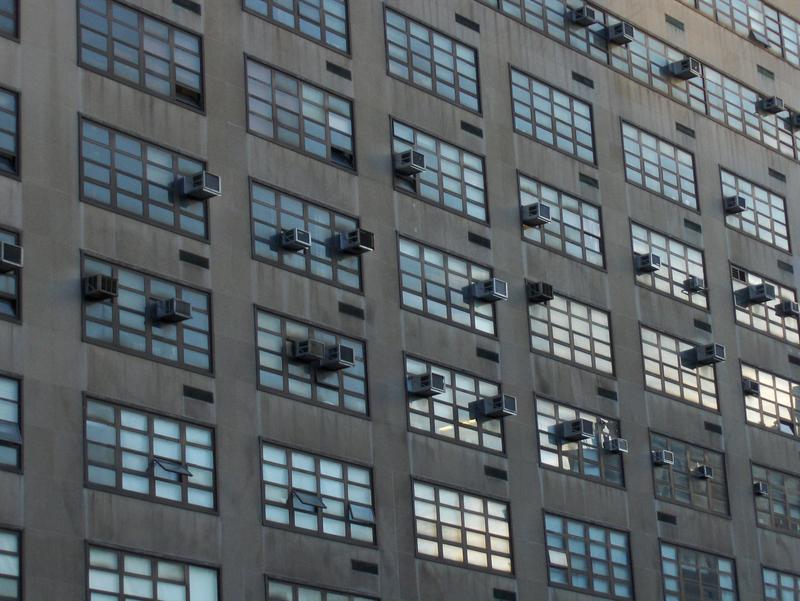
On a typical workday, Con Edison customers use electricity in a pretty reliable pattern: there's usually a bump in the morning when they wake up, a dip while they're at work, and then another bump when people get home in the evening. But that changed when New York shut down in March and people were told to stay home to stop COVID-19 from spreading.
“If you compare in early April, the electricity consumption during the nine to five hours in people's homes, it's 23 percent higher than before the stay at home went into place,” said Christoph Meinrenken, a physicist and researcher at the Earth Institute at Columbia University.
In 2018, Meinrenken and his team installed meters in about 400 Manhattan homes in order to survey people’s habits with using electricity. But while it started as a study on energy conservation, it's given his team a glimpse into how those habits have changed from spending more time at home, down to the minute.
“All of a sudden, you can see that the ramp up of electricity in the morning when it starts increasing happens later,” said Meinrenken. “They can afford to sleep maybe a little bit longer because they don't have to commute anymore.”
Most people living in the five boroughs are used to their electric bills going up during the summer, mostly because of the fans and air conditioners used to cool their homes. In most years, the majority of the electricity used during the day comes from New York City’s commercial districts, and power lines in those neighborhoods are designed to carry the load. But some experts are concerned that the sustained demand in residential neighborhoods due to the COVID-19 pandemic could lead to more brownouts and even blackouts.
“Air conditioners are one of the single largest uses of electricity in most residential homes. That's going to stress the grid,” said Rory Christian, an energy consultant.
So far, Con Edison representatives say there’s not much to worry about yet. The utility company did invest in shoring up residential power supply after Hurricane Sandy, and spokesman Alan Drury says the company expects usage to start going back to normal as the city continues reopening. But he also says the pandemic might mean many people continue working from home in the future, which could require Con Edison and other utilities to rethink where they funnel future investments.
“So even once the pandemic is over, you could see more demand for power during the day in residential areas than before,” Drury said.
